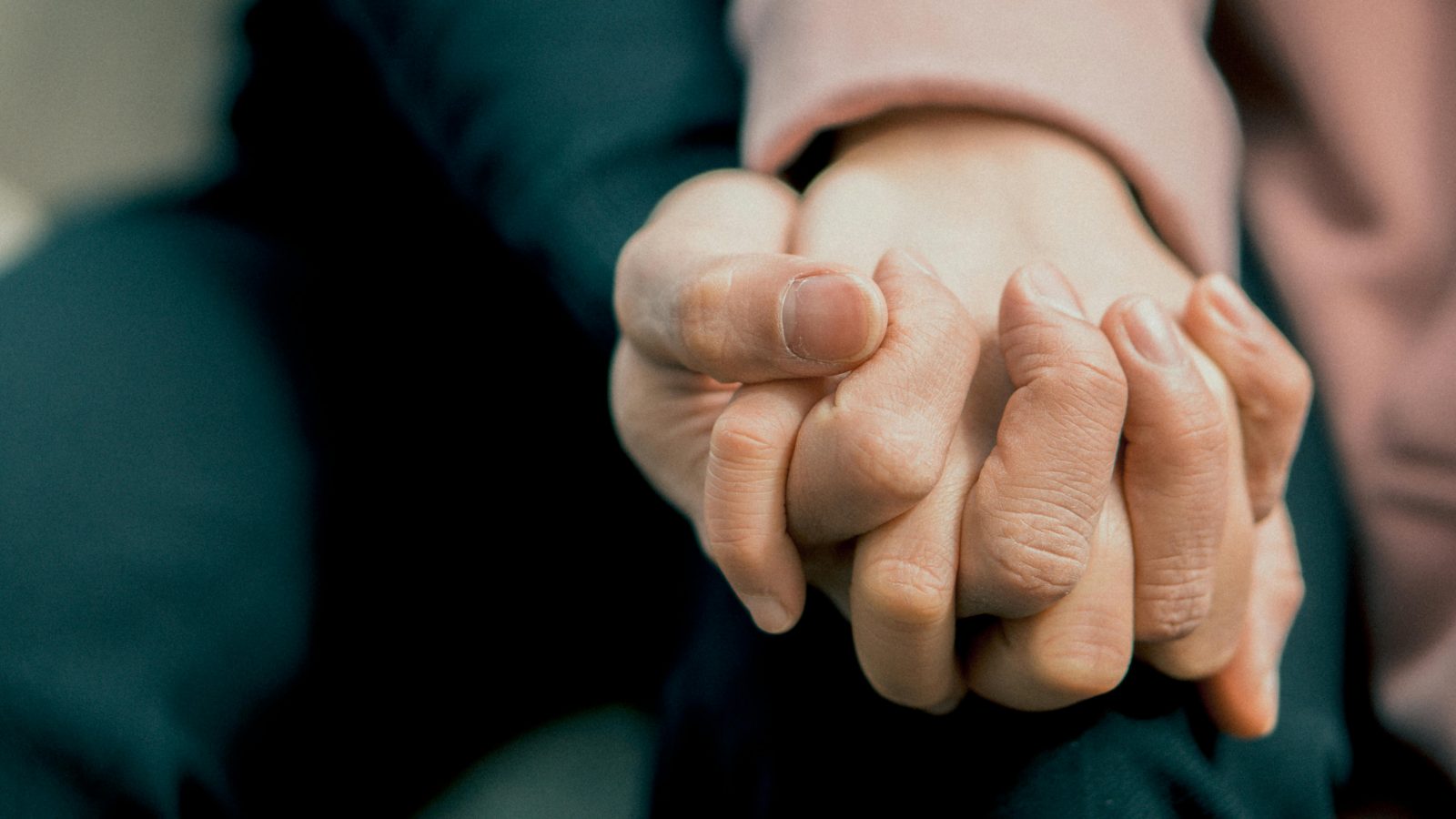Watching a child you love so deeply be ravaged by addiction is one of the hardest experiences a parent can face. Across the UK, this is happening in thousands of households.
“The number of ketamine users starting treatment (3,609) is now over 8 times higher than it was in 2014 to 2015, when the number was 426.”(1)
In truth, this statistic is likely just skimming the surface. The same report states that over 45,000 are in treatment for cocaine use. Amongst many drug users, it’s widely acknowledged that ketamine is used as regularly as cocaine. It’s certainly increased in the younger generations.
Ketamine is a dissociative anaesthetic. For many years it’s been used in the medical industry, though it’s use as a “party drug” started to rise in the early 2010s. Unfortunately, the long-lasting effects of ketamine addiction are severe. It destroys the internal organs and heavily impacts brain cognition and functioning.
For those with an addiction, treatment at a ketamine rehab offers the most effective and safe way to begin recovery.
Why are so many Young People addicted to Ketamine?
Those in their mid-20s are the age group that is hit the hardest by ketamine use. This is the time where many young people go to parties, raves, and festivals, and experiment with substances. For a long time, people weren’t aware of the long-term effects of ketamine.
Though it was becoming clear in some communities that the addicted twenty year olds of a decade ago were being ravaged by the substance, the reports and statistics took a while to catch up. It therefore took time for the effects to be known at a wider level. Younger generations were continuing to explore the world without full understanding of the impact of ketamine.
In general, people know the effects of heroin and crack because time has passed and knowledge has grown. Because wide spread ketamine use hit the population much later, awareness of its effects has taken longer to ripple out.
As well as this, ketamine is a cheap. It’s around £15-£20 for a gram and it’s easy to get hold of.
What makes Ketamine so hard to stop?
Alcohol and drugs are psychoactive substances meaning they alter the brain, physiological function, perception, thoughts, and feelings. Ketamine is a dissociative. It causes hallucinations. It’s a pain reliever.
Many people who develop addiction relate a feeling of warmth, the feeling of a hug, of emotional pain going away, of any worries dissolving. At the start of ketamine use, this feeling is something many want to return to. It feels “good”.
Unfortunately, being psychoactive, each time a person uses ketamine, they alter their brain function. Neurological pathways are altered providing the foundation of a habit to form. There’s also the issue that the more often ketamine’s used, it starts to feel strange not having it in the system. Regular life feels harder to cope with, without it.
Ketamine, in particular, builds a quick tolerance in users. A gram may have lasted a person for a few nights out as they did little “bumps” at the experimental stage. With regular addictive use, people end up snorting gram lines and heavy users can easily snort 5 grams in a day.
As well as the psychological addiction, ketamine forms physical dependency. Where it destroys the bladder and other organs, many users live with severe pain. Pain that’s only stopped when they take more ketamine. It’s a vicious cycle that requires medical, psychological, and social intervention.
Does your Child have an Addiction?
There are various signs that will confirm whether your child has problematic or addictive ketamine use. However, even if your child uses recreationally, it’s important to address the issue as recreational can easily turn into addictive use and the earlier behaviours are addressed, the easier it is.
Sign of ketamine addiction…
- Has ketamine use increased in frequency or amount?
- Have other, previous, priorities reduced in importance?
- Is getting ketamine a priority?
- Has your child lied about or tried to hide their substance use?
- Have you noticed a change in your child’s physical or mental health?
- Are there weight changes, sleep disturbances, and changes in appearance and behaviours?
If you answered yes to any of these questions, it’s essential to seek professional help.
What Addiction Treatments are there?
There are various addiction treatments available to treat ketamine use. As well as psychological treatments such as psychotherapy and counselling, there are physical treatments such as detox and pain management, and social support systems which are really important.
There are drug services in towns and cities that offer outpatient services to ketamine users. These are a great place to start and are useful at offering long-term support. Going to a katamine addiction rehab offers the most specialist and long-term treatment.
Ketamine Detox at a Rehab Clinic
On entering rehab, detox is the primary concern. Residents are supported by a medical team. Their health is assessed and necessary supplements and medications are prescribed. This supports replenishment of vital nutrients, cravings, and pain management.
A detox in a clinic offers the safest way to wean off ketamine. There are staff available 24/7 to monitor patients and to help during distressing moments.
It takes up to 10 days to support a person to be substance-free. At this point, the rehab staff fully address the psychological addiction and cravings. This is where residents develop long-term healthy coping mechanisms to manage the addiction.
Where can You go For Help?
There are various places to go for help. Firstly, outpatient drug services offer really helpful guidance and advice. Your child will need to self-refer to access support and you can help them do so. You might also contact your local GP for advice around medical tests and specialist services where health is impacted.
Rehab clinics are the optimum option for treatment. They can be costly, but funded placements are available if people are engaged successfully in outpatient services for a while.
Ketamine Support Groups
There are ketamine support groups popping up around the country as awareness spreads. There’s increasing online pages and support groups dedicated to ketamine user support and caregivers. The Ketamine Awareness page on Facebook is an increasingly popular page for people to make contact with others, develop understanding, and gain group support.
How to talk to your Son or Daughter
It’s important to think about when to talk to your child. Make sure you bring up the conversation of addiction and recovery when they’re sober and seem relaxed (i.e. not craving). Ensure your tone of voice is kind and calm.
Do a bit of research about ketamine and don’t be afraid to talk about what you’ve found out, no matter how challenging it is. It’s important not to give up on your child or to ignore the “elephant in room”, be open-minded and let your child talk without interruption.
What to Do Now
It’s helpful to get guidance for yourself as well as your child. Keep in mind at all times, your child is unwell. Addiction is a disease that requires treatment.
Ask yourself how you would treat somebody with another disease. Constant care but with boundaries is important.
In the first instance, seek advice from drug services, support groups, and a doctor.





